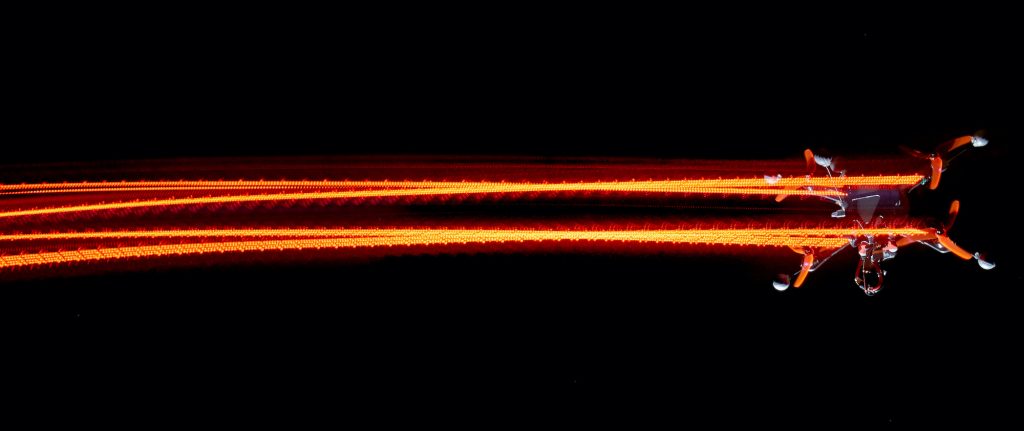Autonomous vehicles are the up-and-coming thing and, as this drone race shows, frequently AI-controlled craft are able to beat humans working in identical circumstances.
Researchers at the University of Zurich’s Robotics and Perception Group have created a new algorithm capable of outperforming human quadcopter pilots on an identical track. That’s no mean feat, considering there’s a drone Grand Prix with a very large cash prize out there for the very best human pilots.
Try not to drone on too much
This algorithm was tested against the “…fastest lap of two world-class human pilots on an experimental race track”, according to the head of the Robotics and Perception Group, Davide Scaramuzza, and came out on top. The algorithm accounts for drone limitations, a first when it comes to programming of this nature, and boils down to telling the drone what to do and letting it figure out the ‘how’ on its own. Previous efforts would attempt to simplify flight paths or the quadrotor system itself and those tend to underperform.
A similar project over at DARPA — the agency’s ACE program — intends to give an AI control over an actual fighter jet and pit it against human opponents in a real world setting, since it has won all of its simulation bouts so far.
This isn’t quite so world-changing, though it does have a practical purpose. The University of Zurich’s experimentation will, according to Scaramuzza, “…have huge applications in package delivery with drones, inspection, search and rescue, and more.” Up next is shifting away reliance on external cameras for navigation to onboard sensors, as well as reducing the processor demand of the algorithm itself, so that it becomes a viable mobile navigation option.




